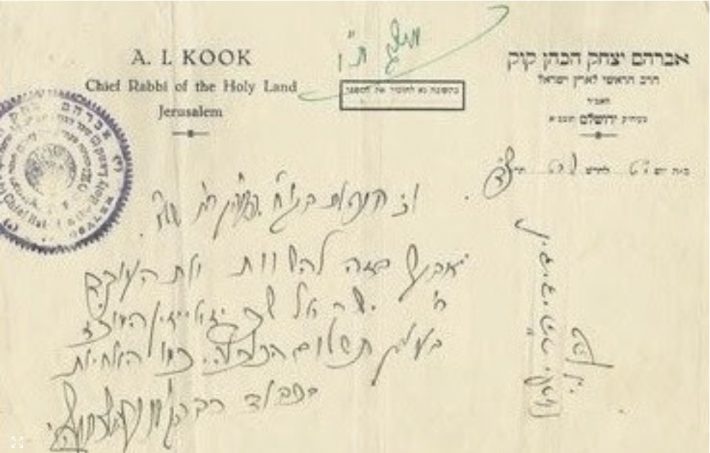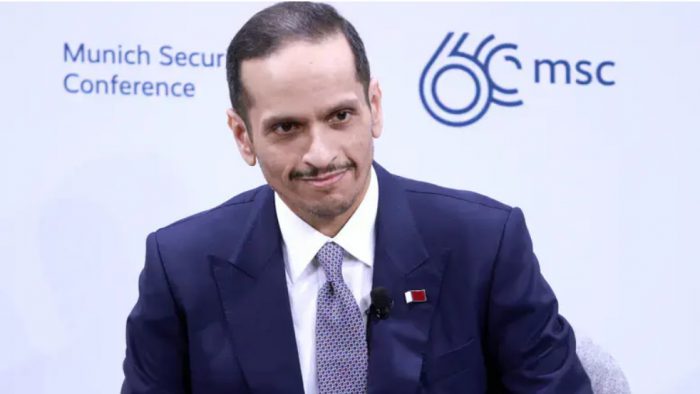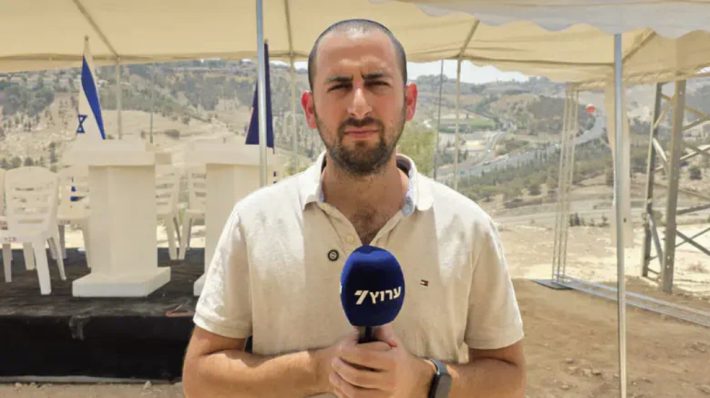During the British Mandate, the Jews of Eretz Yisrael were no more united than they are today.
During the British Mandate, the Jews of EretzYisrael were no more united than they are today. Rabbi Abraham Isaac Kook, the Chief Rabbi, extended a warm hand to the secular Zionists. But others, especially the deeply pious group in Jerusalem known as Neturei Karta—the “Guardians of the City”—bitterly opposed them. And for that, they opposed Rav Kook too.
One day, the daughter of a Neturei Karta leader fell gravely ill. A rare and dangerous condition. After much consultation, the doctors concluded that only one man could treat her properly—a world-renowned professor, abroad, a specialist with unmatched skill.
The father inquired and found out what that meant. The professor was in high demand, his time booked solid. And the fee was well beyond anything a simple Jerusalem family could afford. Even if they managed to get her there, they’d be lucky to see him at all.
But then he heard something: the professor was an admirer of Rabbi Kook. A personal letter from Rav Kook, and doors might open. The professor might even clear his schedule to take the case.
Now the man faced a bitter irony. How could he possibly go to Rav Kook? He had publicly disgraced the rabbi, slandering him numerous times. To ask now for a favor? The humiliation would be too great.
Then he had an idea. Rabbi Aryeh Levin, the saintly figure known as the “tzaddik of Jerusalem,” was close to Rav Kook. The man approached Reb Aryeh and, with visible discomfort, asked if he might intercede on his behalf.
Reb Aryeh didn’t hesitate. Of course he would. He went immediately to Rav Kook’s house.
Once Rav Kook understood the problem, he immediately agreed. “Of course I’ll write the letter to the professor. What does this have to do with any difference of opinion between us? A child is sick.”
He sat down, took pen and paper, and composed the letter. Deliberately, he described the father in warm, generous terms.
“If I speak of him favorably,” Rav Kook explained, “I ensure no resentment finds its way into my words.”
Reb Aryeh took the letter and left, deeply moved. On his way out, he passed two prominent rabbis who, he knew, could never forgive the zealots of Jerusalem for their hostility toward Rav Kook. He greeted them politely and continued on his way.
Then, just as he turned the corner, he heard his name called. He was being summoned to return.
Reb Aryeh froze. For a moment, he feared that those two rabbis had said something to change Rav Kook’s mind, to revoke the letter.
But his feet carried him back. “If the Rav calls,” he thought, “I must go.”
He returned to the house with a heavy heart.
Rav Kook met him with a smile. “I had another thought,” he said. “The trip abroad is very expensive. I remembered that there is a shipping line that honors my requests, providing a substantial discount to those in need. Let me write a letter to that company as well.”
And so he did.





